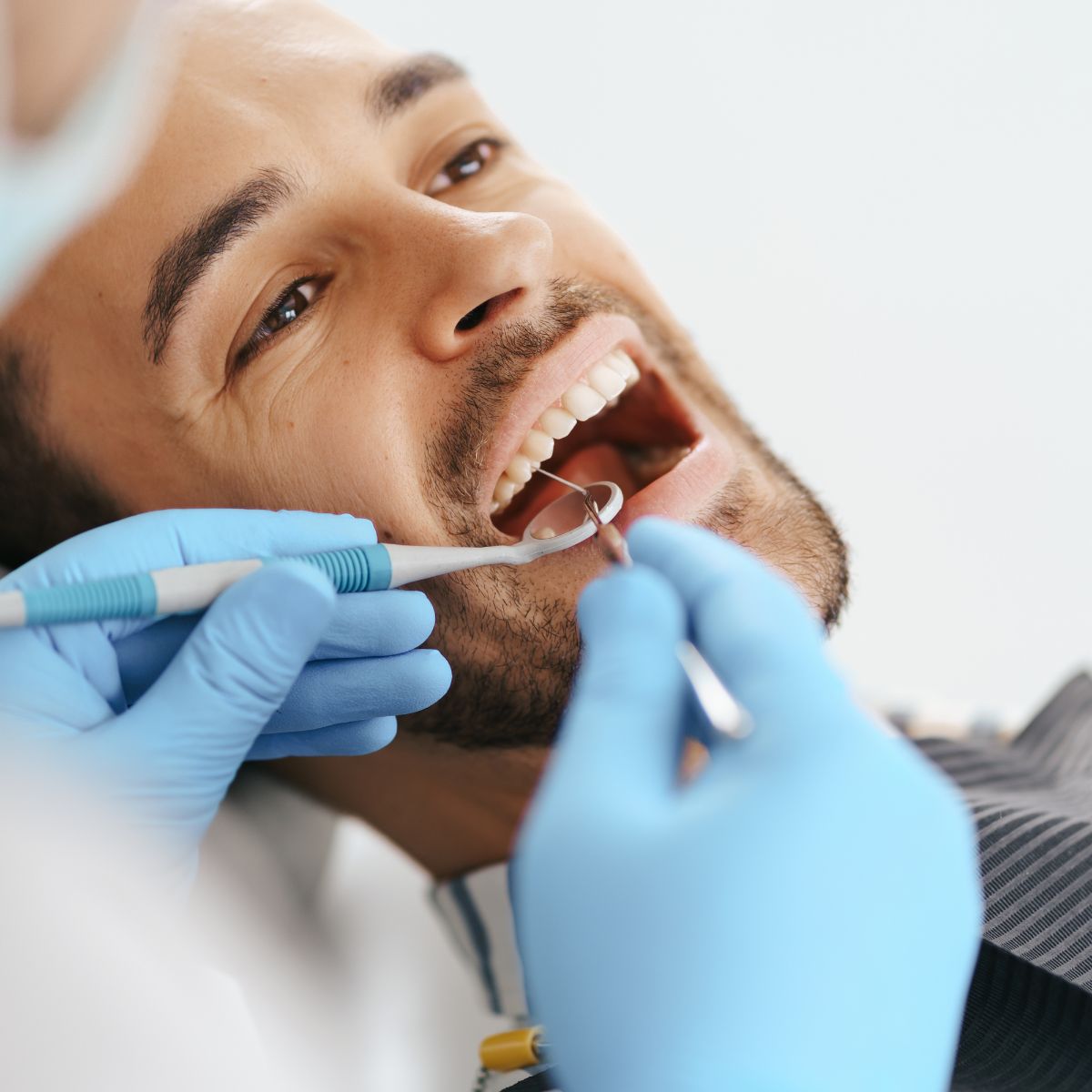Dental Bonding
Effective dental bonding
Achieve a Radiant Smile
At Cannon Family Dental, we use state-of-the-art bonding materials and techniques to repair, reshape, and enhance your teeth with minimal preparation. The resin is carefully sculpted, hardened with a special light, and polished to match your natural teeth seamlessly, ensuring beautiful results in a comfortable and welcoming environment.
-
Improve the appearance of your smile
-
Boost self-confidence quickly and affordably
-
Avoid more extensive dental procedures
-
Enjoy a pain-free treatment experience
Dental Bonding Process
Preparation
We’ll select a composite resin color that closely matches your natural tooth shade. Little to no drilling or anesthesia is usually required.
Tooth Surface Conditioning
The tooth is gently roughened and a conditioning liquid is applied to help the bonding material adhere properly.
Application
The tooth-colored resin is applied, molded, and sculpted into the desired shape.
Curing
A special light is used to harden the resin quickly and securely.
Finishing Touches
The bonded tooth is polished and adjusted to ensure it blends seamlessly with your natural teeth.
Why Dental Bonding?
Improve the appearance of your smile
Boost self-confidence quickly and affordably
Benefit from a cost-effective alternative to veneers or crowns
Enjoy a pain-free treatment experience
Dental bonding
Frequently Asked Questions
How long does dental bonding last?
With proper care, dental bonding can last between 3 to 10 years. Avoid biting on hard objects and maintain good oral hygiene to extend the lifespan of your bonding.
Is dental bonding painful?
No, dental bonding is typically painless. Most patients do not require anesthesia unless the bonding is being used to fill a decayed tooth.
How do I care for my bonded teeth?
Brush and floss daily, avoid habits like nail-biting or chewing on pens, and visit us regularly for checkups and cleanings.
Can bonded teeth be whitened?
The resin used in bonding does not respond to teeth whitening treatments. We recommend whitening your teeth before bonding if you’re planning a brighter smile.
Is dental bonding covered by insurance?
Coverage varies by provider and purpose. Cosmetic bonding may not be covered, but bonding used for structural repairs might be. We’ll help you check your benefits.

